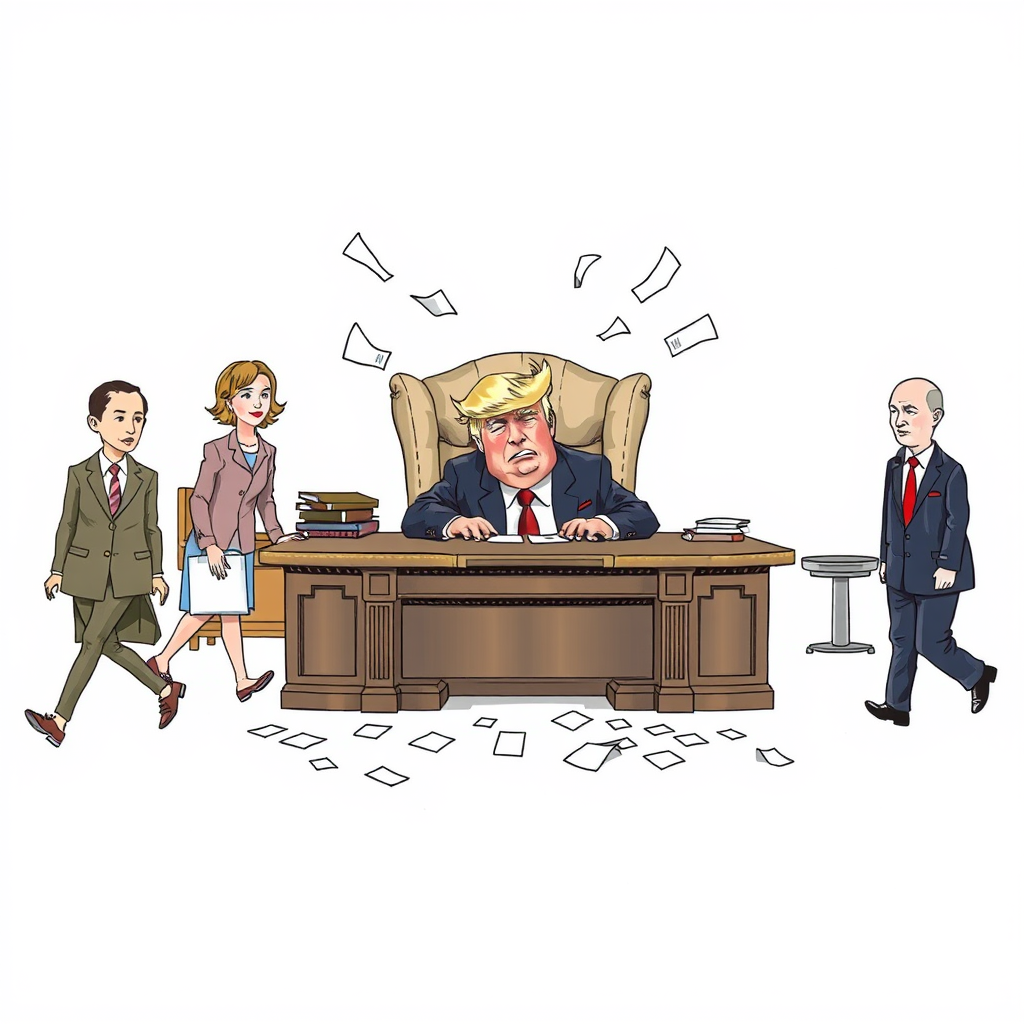Trump’s Allies Revolt: Power Slipping Away?

Former Congressman Adam Kinzinger argues that Donald Trump is displaying a marked inability to cope with the growing independence of individuals he previously believed were under his control. In a recent analysis, Kinzinger contends that Trump’s expectation of unwavering loyalty and submission is being challenged by figures he himself empowered, leading to displays of frustration and name-calling.
Kinzinger points to Elon Musk as a prime example, noting the swift deterioration of their relationship after Musk’s access to the White House diminished and he publicly criticized Trump’s policy proposals. This shift, Kinzinger argues, exemplifies a broader pattern of “disloyalty” emerging around the former president.
The analysis extends beyond the business world, highlighting Supreme Court Justice Amy Coney Barrett’s independent rulings, which have occasionally aligned with liberal justices. Kinzinger frames this as a transgression in Trump’s eyes, suggesting Barrett is being penalized for exercising independent thought. Similarly, Jerome Powell, the Federal Reserve chair appointed by Trump, has become a target of the former president’s ire for resisting calls to lower interest rates.
Kinzinger even extends this observation to the international stage, citing Vladimir Putin’s apparent unwillingness to consistently align with Trump’s agenda. He dismisses any notion of a changed Putin, asserting the Russian leader is simply refusing to take direction.
Kinzinger’s assessment paints a picture of a leader unable to accept dissent or independent action. He characterizes Trump not as a strong leader, but as someone “throwing a tantrum” because his expectations of absolute control are not being met. The core issue, according to Kinzinger, is Trump’s desire for “loyalty, submission, and applause,” and his tendency to resort to insults when those expectations are not fulfilled.
It’s a compelling argument, and one that resonates with observations of Trump’s public behavior. While it’s easy to dismiss Kinzinger as a partisan critic, his analysis highlights a consistent pattern: Trump appears genuinely unable to process situations where individuals he empowered choose a path independent of his desires. This isn’t simply disagreement; it’s a perceived betrayal that elicits disproportionate anger and public shaming. The implications are significant, suggesting a fundamental inability to lead effectively in a system that requires negotiation, compromise, and acceptance of differing viewpoints.